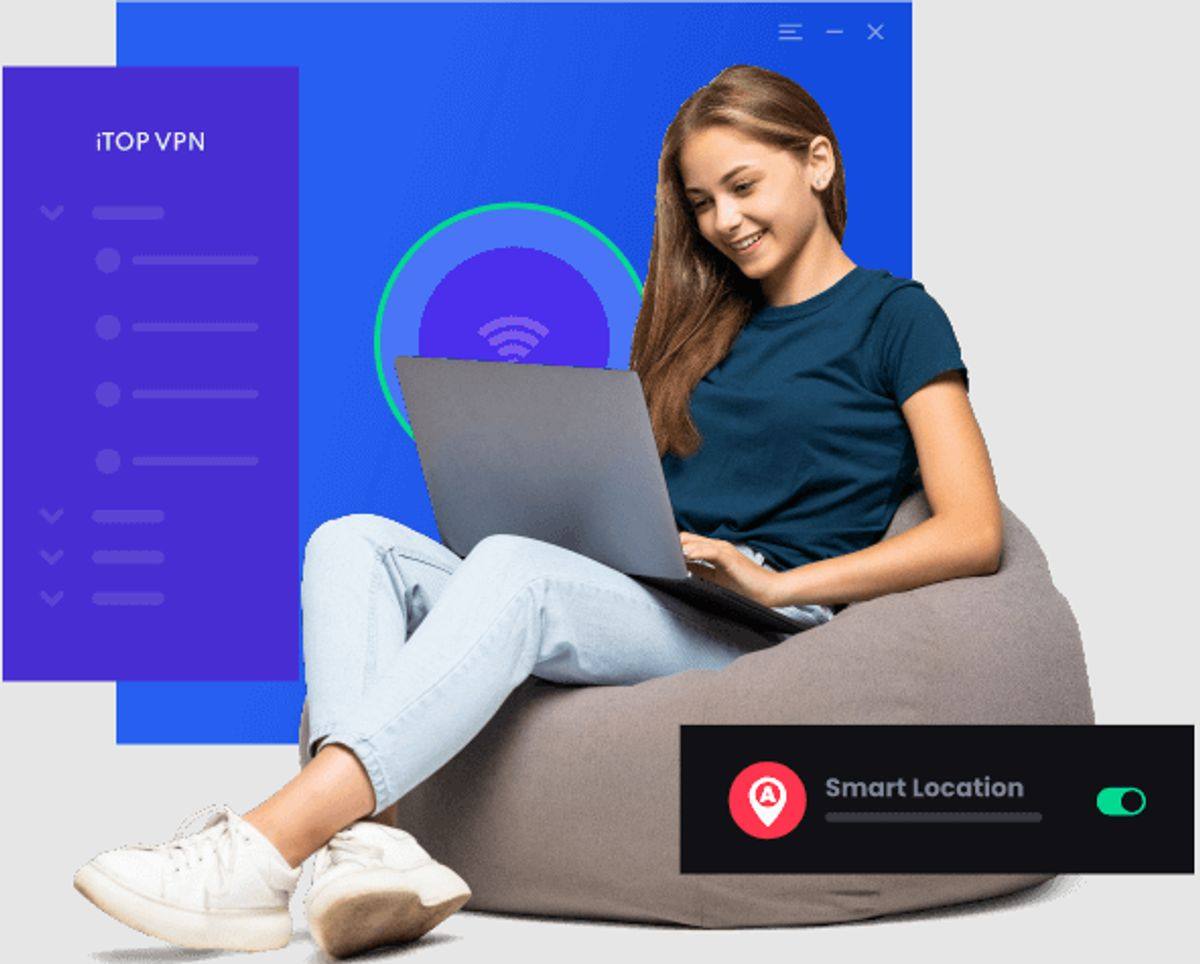Computer and Smartphone users are at risk of data breaches, malware, and cybercrime. If you’re using the internet on a regular basis, you should be aware of all the potential threats out there and take steps to protect yourself from them. Users have become much more aware of the importance of online privacy in recent years.
In response to this growing concern, virtual private network (VPN) services have gained popularity as a means of guarding against surveillance, monitoring, and other threats to privacy when browsing or sharing digital information.
Table of Contents
Protection against Ad Tracking
Advertising networks follow your online activities, such as the websites you visit and the online searches you make, in order to show you targeted ads that are likely to be more relevant to your interests and more likely to get clicked. This sounds harmless, but ad networks don’t just keep this information to themselves.
They sell it to third parties, like marketers, who can then go on to add your name and other personal details to their databases. This puts you at risk of having your identity stolen, and it also means that the information you share with advertisers can be used to create a profile of you that is potentially inaccurate and out of date.
Ad trackers are also known to slow down your computer, drain your phone’s battery, and eat up your monthly data allowance. A paid or free VPN for your computer and phone can protect you by blocking ad trackers from collecting your information and slowing down your browsing experience.
Protect Your Computer against Malware
Malware is short for “malicious software,” which is a general term for computer viruses, trojans, worms, and other programs that can be used to gain unauthorized access to your computer or other devices. Malware can do a wide variety of things, from stealing your personal data to sending spam or attacking other computers on the internet.
Malware infections are a common problem, and many people don’t even realize they’re infected until it’s too late. A VPN can help you stay protected against malware by blocking access to malware servers and blocking suspicious files that may be trying to install malware on your computer.
Ensure Safety When Using Public WiFi
Public WiFi is a convenient way to get online when you’re out and about, but it can also be a risk to your security and privacy. You may have heard about hackers who set up fake WiFi networks that look like the real thing. People who log into these fake networks may end up giving up their login details and passwords, allowing the hackers to access their computers or devices.
There are also eavesdropping threats associated with public WiFi, which is another reason why you should use a VPN. A VPN can help you stay protected while using public WiFi by encrypting your connection to make it more difficult for hackers to intercept your data.
Help Protect Your Phone’s Privacy and Security
As smartphones become more and more intelligent, they also become increasingly vulnerable to hackers and other malicious software. Phones are also susceptible to data breaches if they’re connected to public WiFi networks, making it even more important to protect them with the best free VPN for Windows 10.
You may already have antivirus software installed on your phone, but this is not a replacement for a VPN. Antivirus software is designed to protect your device from specific threats, whereas a VPN protects you from all kinds of threats, including identity theft and hackers.
Conclusion
There are many benefits to using a VPN for your computer and phone. However, not all VPNs are created equal. Make sure you choose a reliable and trustworthy VPN that offers strong protection, fair privacy policies, and plenty of useful features.
Read also: Which WiFi Antenna Do I Need?




